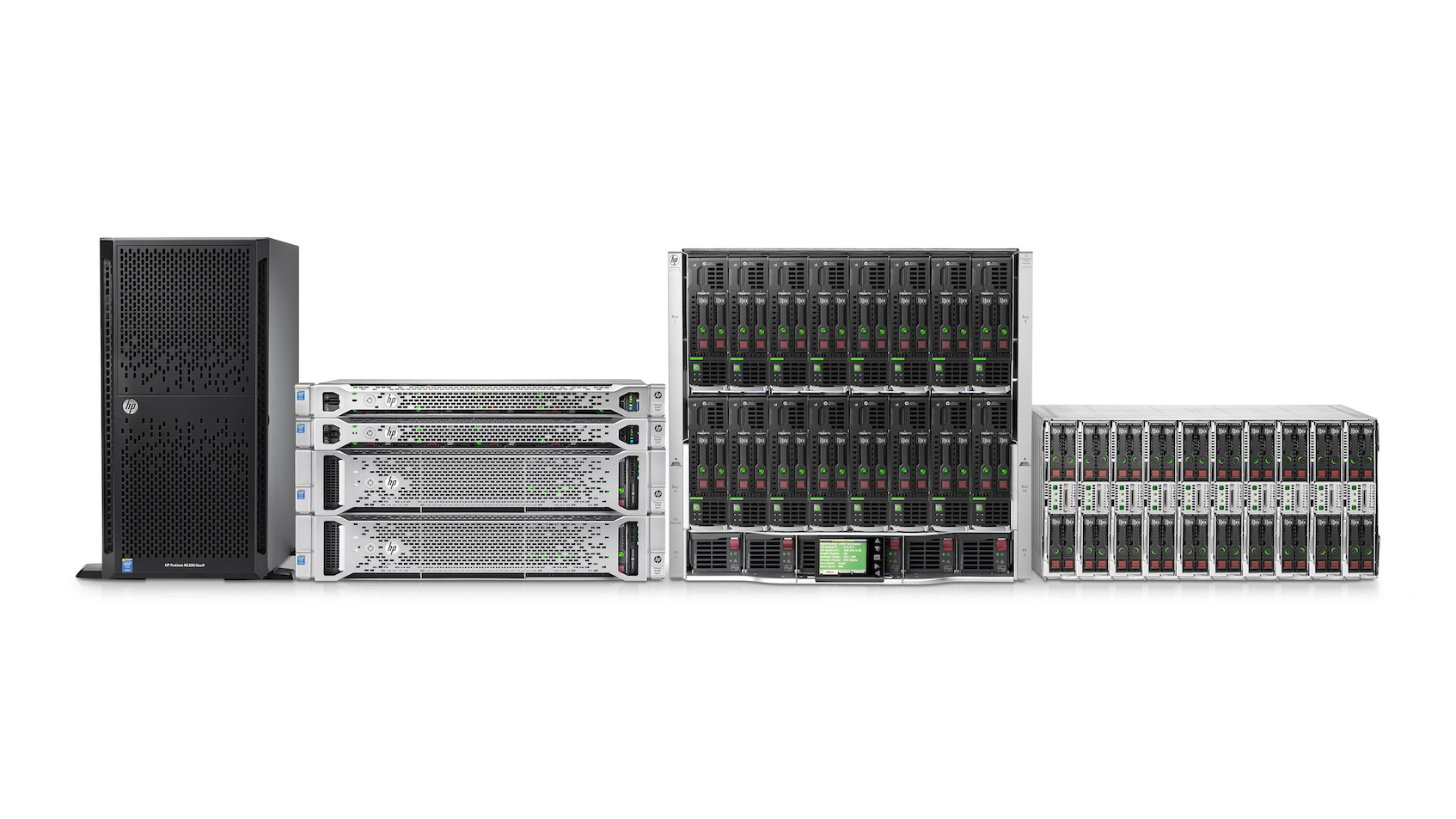Tech trends for IT businesses in 2015: Flexible servers and new domains
Regionalised marketing will also help shape 2015

The unveiling of the new ProLiant Gen9 Servers from HP last year marked a significant change for IT providers and businesses alike, signifying a shift in the way companies rely on this type of technology to carry out daily operations and run processes.
The move to Gen9 servers coincides with a broader shift in approach from IT providers, whose technology must keep pace with the high demands of modern workloads. In fact, Gen9 is designed to help firms do exactly that, bringing them well and truly into the 21st century by enabling scalability as businesses shrink and expand in line with the changing economy.
Representing a huge change in strategy for one of the world's biggest technology providers, the launch of the new portfolio begs the question: what other IT trends can we expect in 2015?
More pressure, great flexibility
As IT companies come under increasing pressure to deliver services quicker and more efficiently, while simultaneously juggling an ever increasing amount of data, it is safe to say that traditional data centre and server infrastructures are no longer adequate. 2015's new servers intend to address these issues head on, by offering flexible resources that align to companies' wider objectives. So, what exactly does this mean for the IT industry?
For starters, hardware providers will see themselves forced to become increasingly competitive when it comes to the small and medium-sized enterprise market in the wake of the latest release from HP. What's more, with HP claiming the launch will "reinvent the entire industry", 2015 could be the year that will introduce those who had previously been lagging behind into the world of cloud, security and big data.
Overall, it is likely that 2015 will bring about a time of improved visibility among businesses, which will allow them to plan future strategies more effectively.
In the months and years ahead, businesses can expect to be given more flexibility from server suppliers, while new workloads are set to be addressed for the first time. The spread of the platform brought about by its architecture means that traditional tasks, such as virtualisation and high-performance computing, along with business applications such as CRM and ERP, will be accessible on the cloud, giving companies enhanced freedom.
Sign up to the TechRadar Pro newsletter to get all the top news, opinion, features and guidance your business needs to succeed!
It's all in the domain
The availability of new top-level domains is likely to bring about a significant change for those businesses clever enough to take advantage of it. There is no denying that taking advantage of the more personalised approach will give firms the chance to define themselves in a new light, as well as highlighting services from an innovative standpoint.
Already, West Ham United Football Club and Metro Bank have snapped up .London domains, doing so last year, and it's likely this is just the start. This year, we can expect to see more and more businesses of all sizes looking to link themselves to a particular location. What's more, it is certainly likely that there will be a jump in the number of domains a company has, as this will allow them to tailor their identity to a wider audience.
Regionalised marketing
Another trend we can expect in 2015 is a more localised approach to overall marketing. In order for small and large businesses to continue to compete on a level playing field – a change certainly brought about by the internet – it is likely that smaller firms will have to emulate how their larger counterparts are working.
The great thing about personalised marketing efforts is a shift in the way small companies spot opportunities and examine new ideas, meaning they can establish a relationship with their customers that big corporations struggle to achieve.
Mobile device growth
It's safe to say that smartphones and tablets continue to make an impact when it comes to spending money online – and, as phones continue to grow, there is an ongoing need for mobile-optimised websites. Those firms that fail to keep up with the changing behaviour of consumers will find themselves left in the dark in 2015.
With IT businesses competing to keep up with each other in the 21st century, it is clear that the next generation of servers is likely to have a significant impact on all areas of operations. With greater flexibility and up-to-date workloads, this type of scalable technology is set to be a must-have for any enterprise that is hoping to outdo its competitors in the modern marketplace.
- Albie Attias is director at King of Servers